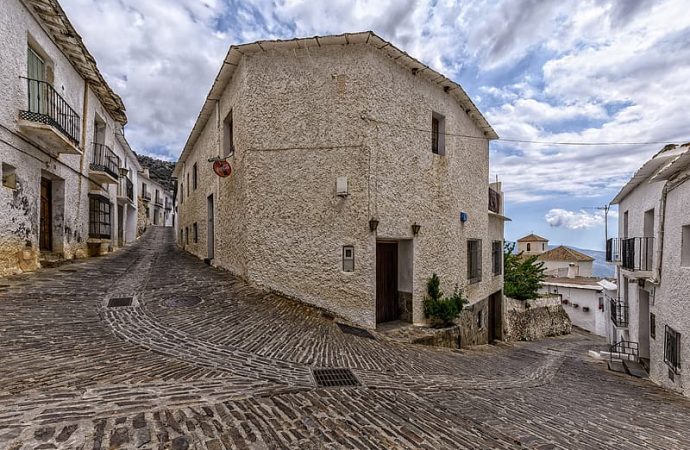Salvador Illa Roca, Spain’s health minister, announced yesterday that, from April 27, children under 14 may leave their houses for short walks, after nearly six weeks of strict confinement.
Earlier in the day, Spanish officials had declared that children could go out only to accompany adults in the tasks permitted by the state of emergency, such as to go to the supermarket, banks or pharmacies. But parents protested the measure, and the government took a U-turn, allowing children to go for walks.
On March 14, when the country registered a total of 4,231 cases and 121 deaths from covid-19, the Spanish government imposed a rigid nationwide lockdown. While adults were granted permission to leave their houses to work, buy food, seek health care and assist the elderly, minors were told that they had to remain at home.
The covid-19 pandemic has already caused over 20,000 deaths in the country; 208,389 cases have been confirmed.





